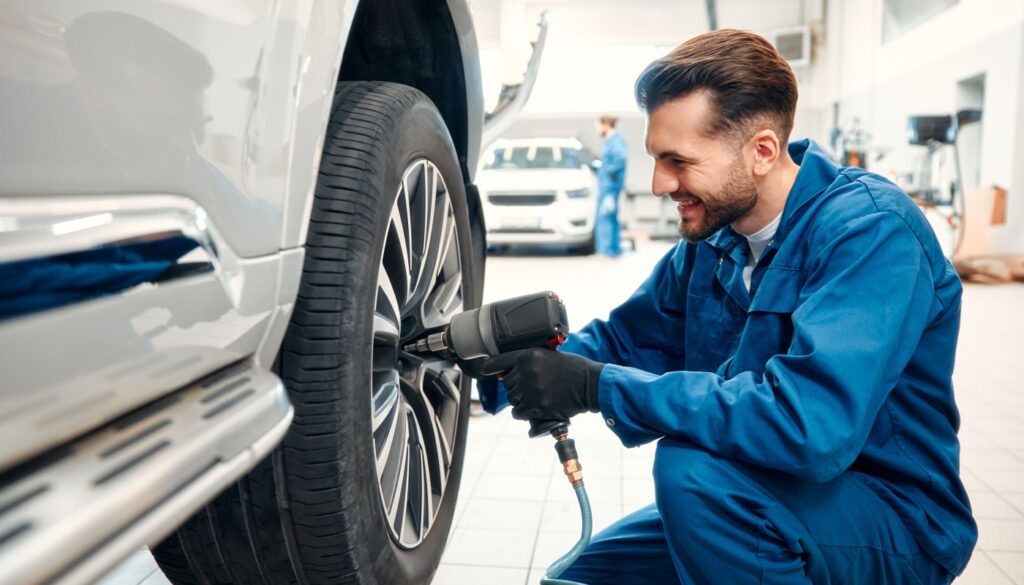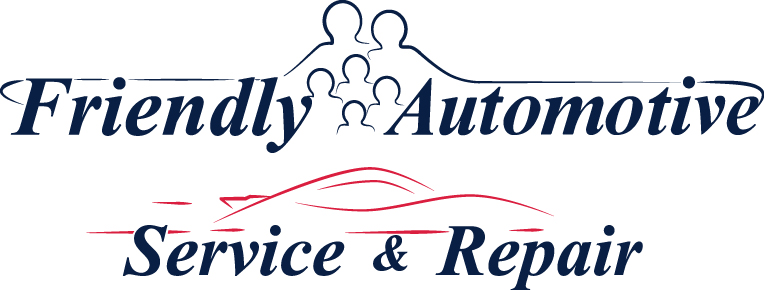Important Auto Maintenance Items: Keeping Your Vehicle in Top Condition
Regular auto maintenance is essential to keep your vehicle running smoothly, ensure safety, and extend its lifespan. While it might be tempting to delay routine check-ups or skip them altogether, neglecting essential maintenance tasks can lead to costly repairs and even compromise your safety on the road. Understanding the main auto maintenance items can help you stay on top of your vehicle’s needs and ensure it remains in optimal condition.

1– Oil Change: One of the most critical aspects of vehicle maintenance is regular oil changes. Engine oil lubricates the moving parts of your engine, reducing friction and preventing overheating. Over time, oil can become dirty and lose its effectiveness, leading to increased wear on engine components. Most manufacturers recommend changing the oil every 3,000 to 5,000 miles, although some modern vehicles can go longer between changes with synthetic oil.
Neglecting regular oil changes can result in sludge buildup, which can clog oil passages and lead to serious engine damage. To avoid these issues, follow the recommended oil change intervals in your vehicle’s owner manual, and always use the type of oil specified by the manufacturer.
2– Tire Maintenance: Tires are the only part of your vehicle that makes contact with the road, making their maintenance crucial for safety and performance. Key tire maintenance tasks include:
- Tire Pressure: Proper tire inflation is essential for fuel efficiency, tire longevity, and safe handling. Underinflated tires can lead to poor fuel economy and uneven wear, while overinflated tires can decrease traction. Check your tire pressure at least once a month and adjust it according to the manufacturer’s recommendations.
- Tire Rotation: Rotating your tires every 6,000 to 8,000 miles helps ensure even wear, extending their lifespan and improving handling. Uneven tire wear can lead to vibrations, poor handling, and increased risk of a blowout.
- Tread Depth: The tread on your tires provides grip and traction, especially in wet conditions. Regularly check the tread depth using a tread depth gauge or the “penny test.” If the tread is worn down to 2/32 of an inch or less, it’s time to replace your tires.
3– Brake System Maintenance: The brake system is arguably the most important safety feature on your vehicle, so it’s crucial to keep it in good working order. Brake maintenance typically involves:
- Brake Pads and Rotors: Brake pads wear down over time due to friction. Most pads have a wear indicator that emits a squealing noise when it’s time for replacement. Ignoring worn brake pads can damage the rotors, leading to more expensive repairs. Rotors should also be inspected for wear and replaced or resurfaced if necessary.
- Brake Fluid: Brake fluid is responsible for transferring force from the brake pedal to the brake components. Over time, brake fluid can absorb moisture, which can reduce its effectiveness and lead to corrosion in the brake system. It’s recommended to change the brake fluid every two years or as specified by your vehicle’s manufacturer.
4– Battery Maintenance: A well-maintained battery is essential for reliable vehicle operation. The battery provides the electrical power needed to start the engine and run other electrical components. Regular battery maintenance includes:
- Battery Terminals: Check the battery terminals for corrosion, which can prevent the battery from charging or delivering power to the vehicle. Clean any corrosion with a wire brush and apply a terminal protectant to prevent future buildup.
- Battery Testing: Have your battery tested periodically, especially before extreme weather conditions. A weak battery might struggle to start the vehicle in cold weather, leaving you stranded.
- Battery Replacement: Most batteries last between three to five years. If your battery is nearing the end of its life, consider replacing it proactively to avoid unexpected failure.
5– Fluid Levels and Replacements: In addition to engine oil and brake fluid, several other fluids in your vehicle require regular checks and replacements:
- Coolant/Antifreeze: Coolant helps regulate the engine temperature, preventing overheating in the summer and freezing in the winter. Check the coolant level regularly and top it off if necessary. The coolant should also be replaced according to your vehicle’s maintenance schedule to prevent corrosion and ensure proper cooling.
- Transmission Fluid: Transmission fluid lubricates the moving parts of your transmission and helps regulate temperature. Low or dirty transmission fluid can lead to shifting problems and transmission damage. Check the fluid level regularly and replace it as recommended by the manufacturer.
- Power Steering Fluid: Power steering fluid ensures smooth and easy steering. If the fluid level is low or the fluid is dirty, you may experience difficulty steering or hear whining noises. Check the fluid level periodically and top it off or replace it as needed.
6– Air Filter Replacement: The air filter prevents dirt and debris from entering the engine, ensuring it receives clean air for combustion. A clogged air filter can reduce engine performance, increase fuel consumption, and even cause engine damage. Most air filters should be replaced every 15,000 to 30,000 miles, but this can vary depending on driving conditions.
In conclusion, regular auto maintenance is key to keeping your vehicle running efficiently, safely, and reliably. By staying on top of these main maintenance items—oil changes, tire care, brake system checks, battery upkeep, fluid levels, and air filter replacement—you can prevent costly repairs and ensure your vehicle remains in peak condition for years to come. Make it a habit to follow your vehicle’s maintenance schedule and address any issues promptly to enjoy a smooth and worry-free driving experience.
For more information, check out Friendly Automotive, your expert Marana Auto Repair Center and Scheduled Auto Maintenance Shops in Tucson, and Follow us on Facebook and X.
